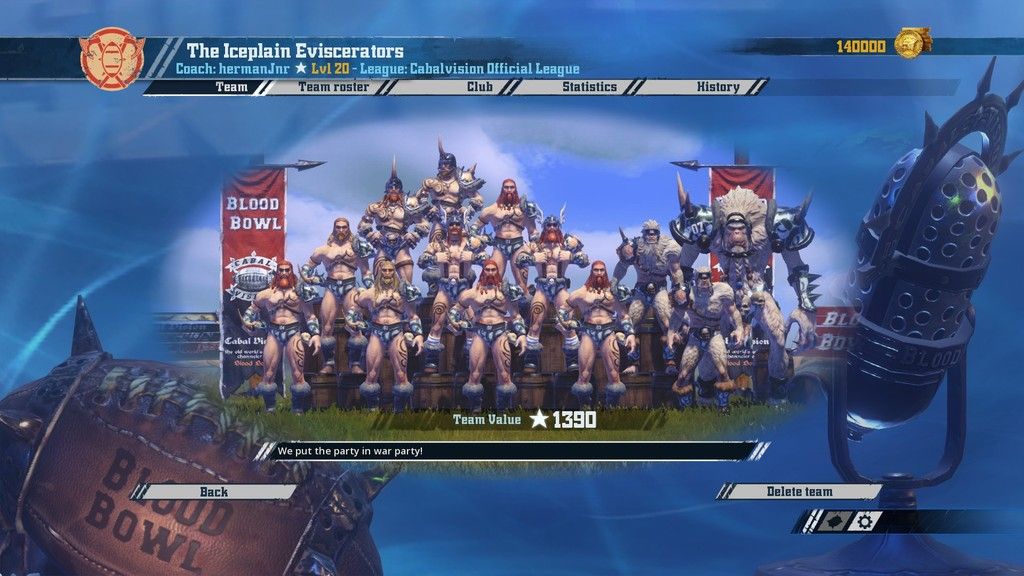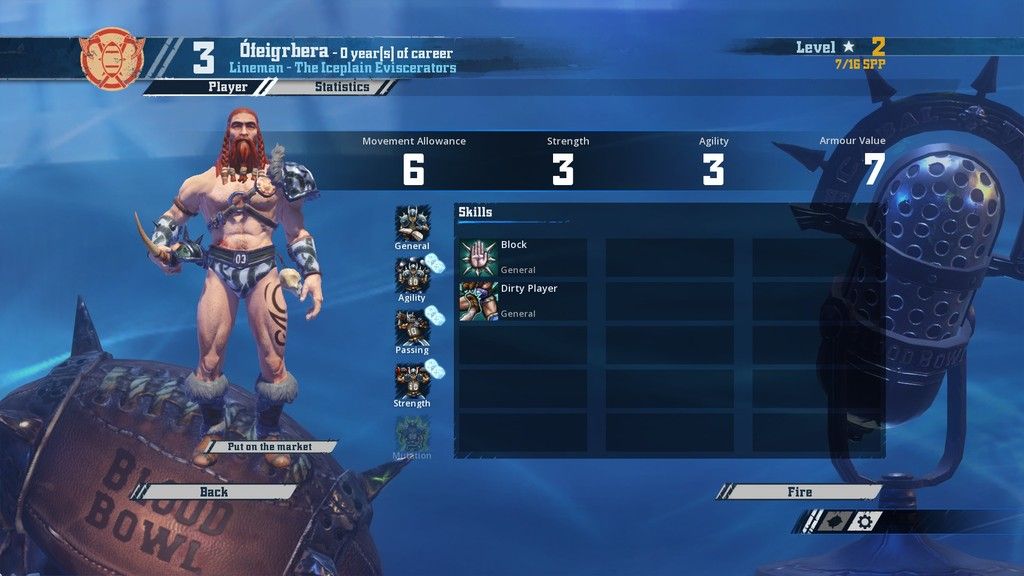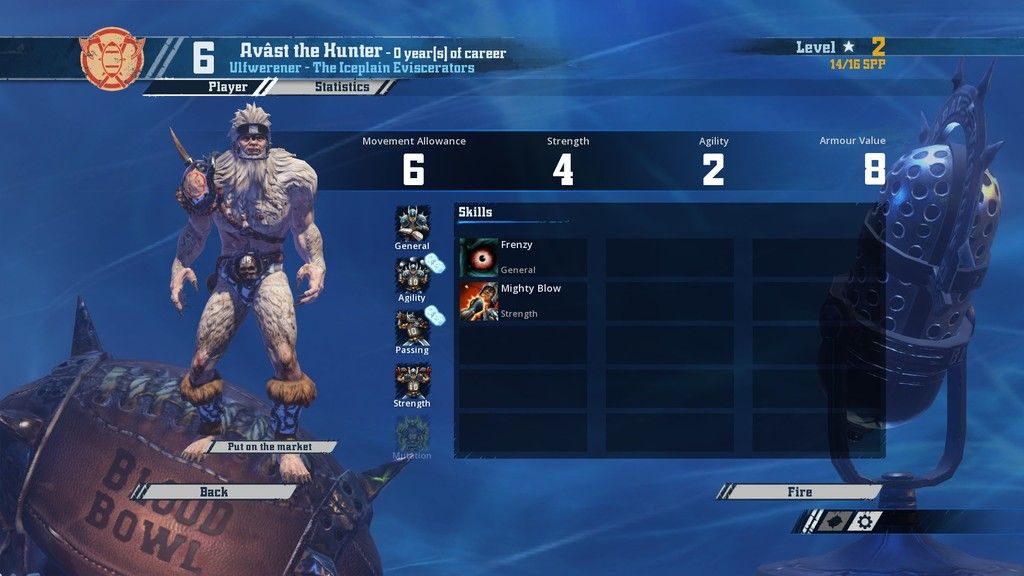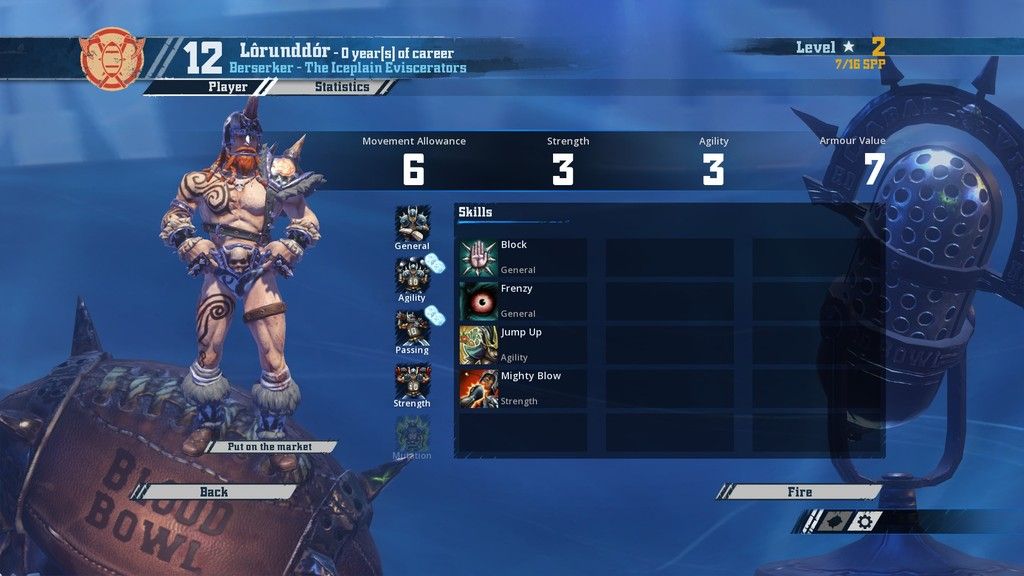When Sherlock first came out I actually rather enjoyed the first episode, "A Study In Pink". It seemed like a sharp and rather fresh take on the Holmes mythos. Cumberbatch's portrayal of Sherlock as a socially ignorant and dickish but deep-down seemingly good hearted genius detective seemed innovative. Martin Freeman put in a solid (if Tim-from-The-Office-esque) performance as Watson.
Then "The Blind Banker", episode 2, continued my interest even though there were a few frustrations with confusing plot points referencing random unseen events and unresolved plot points.
Episode 3 introduced Moriarty properly and (despite being "odd for the sake of odd"), he was a rather interesting version of the character and seemed to truly be an evil match for Sherlock.
The guys striking a pose
All in all, first impressions were good. Then Season 2 started, and cliffhangers from Season 1 started getting some rather lame and unsatisfactory explanations. Characterisation got increasingly abrasive, the crimes were beginning to be solved purely by Sherlock "being clever" rather than actual logic, and slowly the long running teases the main show-runner (Steven Moffat, of Doctor Who fame) was piling onto the story started to feel decidedly hollow.
By the end of Season 2 the show started to feel like a mess - I haven't even seen Season 3 or 4 yet, but reviews have got worse and worse, with Season 4 apparently pulling some truly absurd jumping the shark moments - like "Sherlock has long lost relatives who are evil" and "Sherlock can literally attune his mind to infinite data points like a computer connecting to the internet."
In actuality, this disease eating at the show is simply poor writing and poor structure - and, on re-watching, is eminently obvious even in Season 1. To see why the show is so frustrating we first need to have a glance at some of Moffat's other work.
PART 1: Moffat and Dr. Who: An Obsession with Overpowered Protagonists, Endless "World-Building" and Loose Ends
Moffat's dubious writing style begins to show with Dr. Who...
I've never really got into the Moffat-era of Dr. Who. And since seeing Sherlock I finally understand why: the man has an absolutely infuriating writing style. I thought I was initially imagining it, but Sherlock really highlighted the flaws for me.
Season 1 of the new Dr. Who was primarily penned by Russell T. Davies (with a few one-off episodes by Moffat), and he performed an admirable job of keeping the stories accessible to all kinds of viewers while providing core pillars of good writing:
Davies-Era Writing
1. Interesting main focal points for a story for each episode that are focused on as a priority.
2. Actual character development and neat character arcs over the course of a single episode. New characters are only introduced if they have something to contribute to the episode.
3. Cliffhangers that are resolved in a logical and timely fashion one or two episodes after their introduction
4. No real long-hanging threads or loose ends that make no sense. In essence, no glaring plot holes.
These four qualities of his writing make the characters satisfying to watch (Christopher Ecclestone was by far my favourite of the new Doctors, in no small part due to Davies' fine writing style) as well as making the stories themselves interesting, entertaining and self-contained.
By contrast, Moffat-era episodes feature a number of very clear deviations from the original formula of the show that make the show a lot less enjoyable to watch:
Moffat-Era Writing
1. Interesting ideas for each episode that are often squandered by bizarre plot twists or are simply built into larger "world building" ideas hinted at for future episodes. These ideas are just continuously stacked up and never delivered on, resulting in growing frustration for long term viewers.
2. No real character development or even plot development across an episode. Any real changes or dangers to characters or the plot status quo are usually temporary or dismissed after the episode is concluded. Lots of minor characters are brought in and killed off over one or two episodes for seemingly no reason.
3. Slow power-creep of the Doctor as a protagonist and over-focusing episodes around him. Not only does the Doctor seem to become more and more God-like in his ability to get out of every situation, there's a clear shift away from the narrative idea of "the Doctor going on awesome adventures" to "The Doctor is being AWESOME because he's THE DOCTOR AND HE'S AWESOME!!!111ONE"
4. Mysteries and cliffhangers are wound up and up further and further across multiple episodes, with each episode promising increasingly spectacular mind-blowingly intriguing explanations for the thing that happened 8 episodes ago that still hasn't been explained.
5. Loose ends all over the place. Sometimes these are never even tied up, and often they leave serious glaring plot holes.
PART 2: Great, How does this apply to Sherlock?
So, how does all this figure in to the show about our favourite hatted detective?
Well, chances are you're already seeing the pattern - almost ALL of the flaws Moffat-era Dr. Who flaws are actually the critical flaws with Sherlock too!
Let's look at even just the first episode. When you first watch "A Study In Pink", it seems like pretty reasonable entertainment. We have an interesting villain - a serial-killing smart and evil cab driver who somehow always forces his victims to kill themselves when given a 50-50 chance of death with a poisonous pill. We have Sherlock being a dick but basically making seemingly logical and clever deductions about the murder.
We have Watson being somewhat helpful to Sherlock (using his medical skills and eventually shooting the main villain dead).
But there are questions - many questions, that the episode brings up even so early in the season.
1. How did the murderer, a lowly serial killer, hear of, meet with and team up with Moriarty...who is basically the King of crime?
2. How did the killer convince his victims to pick the deadly option in his "chance" game every time? What did he say to them and how did he "play" them psychologically, exactly?
3. Did Sherlock pick the right pill? What was his reasoning? Would he have beaten the murderer with his intelligence and deduction in the end or not? Wasn't his whole plan to outsmart the guy?
4. If Sherlock is so damn intelligent, why does he always do the stupid thing when given a choice? (Not bothering to explain his deductions to his allies, leaving them blind...getting in the cab with a murderer rather than simply having him arrested and interrogating him, etc.)
All of these questions are raised throughout the episode (and 1-3 are actively encouraged for the audience to think about as key plot points). How many are answered? None. How many are ever answered by the show? Zero.
And that's just the first episode.
In literally every single episode of the show, Moffat builds these kind of questions up and then just doesn't bother answering them. He combines this with constantly ramping up every single plot to hint at the answers being included in the next episode, and then yet again doesn't bother.
And this is the main problem.
The result is that each episode feels (for want of a better word) like a massive cocktease. You're getting blue-balled over and over by Moffat's awful non-commitment to actually following through on his narrative promises. Yet you keep watching because you're hoping he'll explain.
The actual mysteries, or at least the interesting parts of them don't exist. They are never resolved or explained. In Dr. Who this is frustrating and bullshit, but it can be handwaved as it's a sci-fi show about different worlds.
In Sherlock, a show about a detective solving mysteries, we literally have mysteries that over the course of an hour and a half aren't actually solved or explained at all. And they never are. This is totally unforgivable for a show that's supposed to interest us in the details, and is utterly maddening when you realise that Moffat has literally no intention of doing anything with all the build-up he throws around in each episode.
--
And that concludes Part 1 of my disassembly of Sherlock's insane, manipulative writing style. I'll be continuing Part 2 shortly, covering inconsistent and weak characterisation, Holmes' dubious investigative approach, bizarre sub-plots and Moffat's addiction to building over the top ubermensch protagonists.









